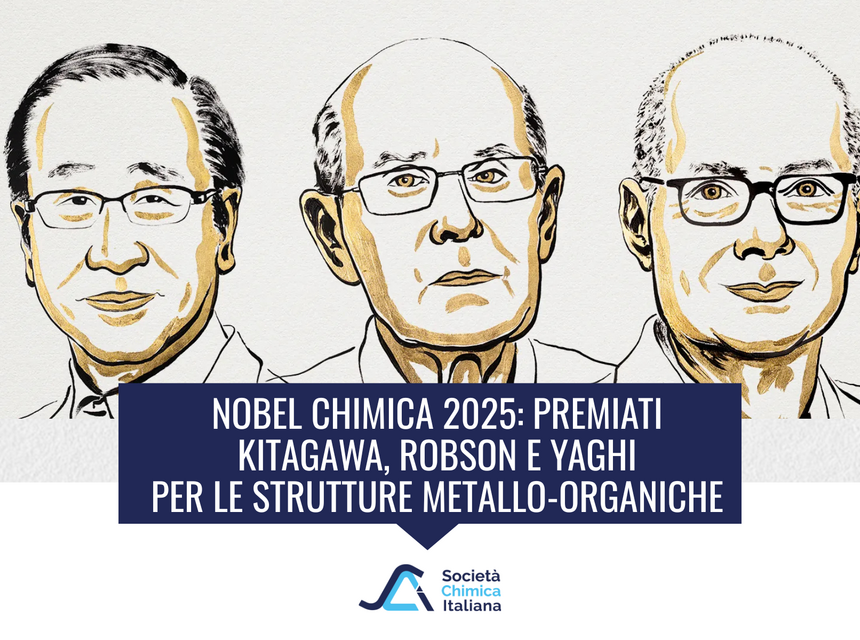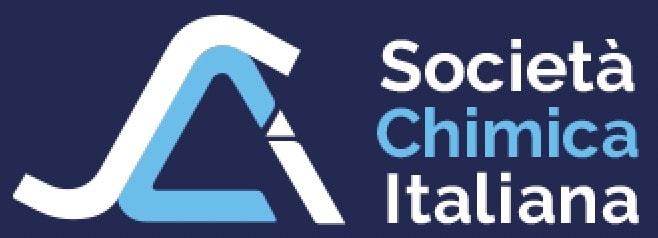
On October 8, the Royal Swedish Academy of Sciences awarded the 2025 Nobel Prize in Chemistry to Susumu Kitagawa, Richard Robson, and Omar M. Yaghi for “the development of metal–organic frameworks.”
The prize recognizes a discovery that has transformed materials chemistry, opening new pathways for gas storage, molecular separation, and catalytic processes.
At the heart of this Nobel achievement lie the Metal–Organic Frameworks (MOFs) — crystalline, porous architectures built by combining metallic elements with organic molecules. This unique union allows scientists to design solids with tailor-made properties and to explore matter with unprecedented precision at the molecular level.
“A revolution on the scale of plastics”
“This year’s Nobel Laureates have discovered an entirely new class of materials — ones that didn’t exist before and have no natural equivalent — ushering in a revolution comparable to that of plastics,”
said Gianluca Farinola, President of the Società Chimica Italiana, in a statement to AGI.
“Metal–Organic Frameworks are intelligent materials, possessing intrinsic chemical activity. Their functional cavities can act like artificial enzymes, making chemical processes more efficient, selective, and sustainable.
Because we can control their structure, size, and shape, MOFs lend themselves to countless applications — from hydrogen storage and CO₂ capture to pollutant removal and catalysis for the synthesis of medicines and fuels.”
“The real strength of these materials,” Farinola added, “lies in their extraordinary diversity. With so many metals in the periodic table and virtually infinite organic linkers, the number of possible combinations — and thus properties — is immense.
This vast, unexplored landscape of possibilities is set to revolutionize fields ranging from industrial chemistry to environmental sustainability.”
Chemistry in service of the planet
The 2025 Nobel Prize underscores the pivotal role of materials chemistry in addressing today’s global challenges — from energy and clean water to pollution and sustainability.
Metal–Organic Frameworks embody a vision of science capable of engineering solutions at the molecular scale for a more efficient and resilient planet.
For Società Chimica Italiana, this Nobel Prize is not only a recognition of three pioneering scientists, but also a reminder of chemistry’s essential contribution as a driver of innovation and sustainable development.
